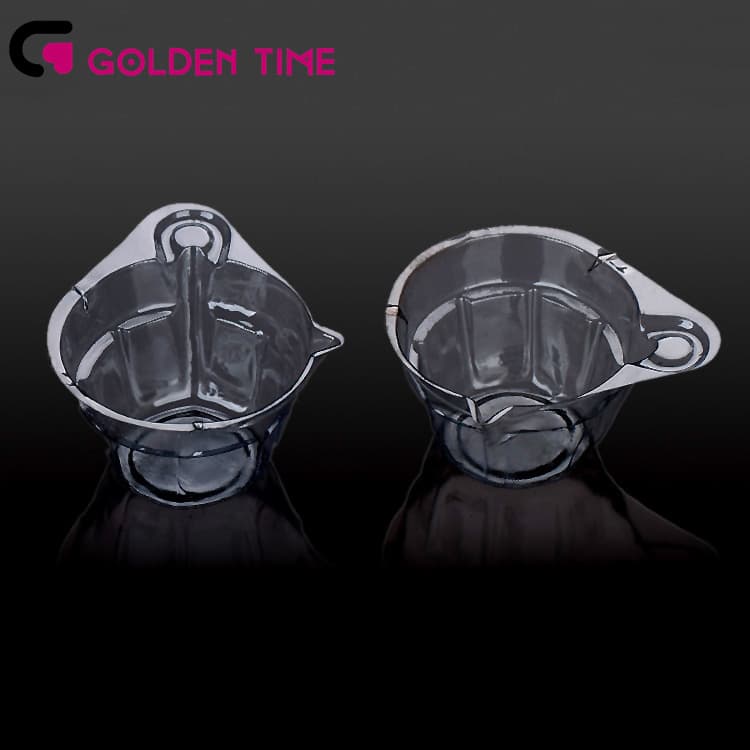Nov . 15, 2024 15:49 Back to list
wholesale price of dengue test manufacturer
The Wholesale Price of Dengue Test Kits Understanding the Market Dynamics
In recent years, the emergence and resurgence of dengue fever have posed significant public health challenges worldwide. According to the World Health Organization (WHO), dengue fever affects millions annually, particularly in tropical and subtropical regions. As a result, the demand for efficient and accurate diagnostic tools has soared, leading to an increased focus on the wholesale pricing of dengue test kits provided by various manufacturers.
Dengue test kits are critical for the timely diagnosis of the disease, enabling healthcare providers to implement appropriate treatment strategies swiftly. There are primarily two types of dengue tests available in the market rapid diagnostic tests (RDTs) and enzyme-linked immunosorbent assays (ELISA). RDTs, known for their ease of use and rapid results, are particularly sought after in resource-limited settings. Conversely, ELISA tests, while more complex and expensive, provide higher accuracy and are often utilized in clinical laboratories.
The wholesale price of dengue test kits can vary widely based on factors such as manufacturing processes, raw material costs, and the complexity of the testing technology. For instance, RDTs are generally more affordable, with wholesale prices often ranging from $1 to $10 per kit, depending on the manufacturer and the scale of production. In contrast, ELISA kits can range from $10 to $30, reflecting their higher specificity and the costs associated with their development.
One significant influence on the pricing of these kits is the global supply chain dynamics. The COVID-19 pandemic highlighted vulnerabilities in global supply chains that affect not just essential commodities but also medical supplies such as diagnostic kits. Disruptions in shipping, increased transportation costs, and fluctuations in demand can lead to variability in wholesale prices. Manufacturers that relied heavily on overseas production faced challenges in sourcing materials, inevitably affecting their pricing strategy.
wholesale price of dengue test manufacturer

Moreover, competition plays a crucial role in determining wholesale prices. As more manufacturers enter the market, particularly in countries heavily impacted by dengue, prices may stabilize or decrease due to increased supply. This competitive landscape encourages innovation, prompting manufacturers to improve the sensitivity and specificity of their tests while trying to maintain cost-effectiveness.
Government policies and public health initiatives also significantly impact the wholesale pricing of dengue test kits. In several endemic countries, governments are striving to ensure the availability of affordable diagnostic tools as part of their control strategies for dengue fever. This can lead to subsidized prices for health facilities and organizations that purchase in bulk, thereby promoting broader access and facilitating faster response times to outbreaks.
Furthermore, international organizations and non-governmental organizations (NGOs) often collaborate with manufacturers to distribute test kits in endemic regions at reduced prices, further influencing wholesale market dynamics. Such partnerships can lead to innovative pricing models that consider the economic conditions of the target market while ensuring manufacturers remain viable.
In conclusion, the wholesale price of dengue test kits is shaped by a confluence of factors including manufacturing complexity, competition, supply chain stability, and government intervention. Understanding these dynamics is essential for healthcare providers, policymakers, and manufacturers as they navigate the challenges posed by dengue fever. Ensuring affordable and accessible diagnostic tools is crucial in the fight against dengue and mitigating its impact on public health globally. As we move forward, continued collaboration among stakeholders will be vital in establishing a sustainable approach to managing this pressing health issue.
-
Rapid BZO Test Kit - Fast & Accurate Benzodiazepines Detection
NewsAug.04,2025
-
China Nylon Flocking Swabs - AI Enhanced Quality Collectors
NewsAug.03,2025
-
Highly Accurate hCG Pregnancy Test Strips - 5 Min Results
NewsAug.02,2025
-
Premium Empty ABS Plastic Cassettes: Durable & Lightweight Storage
NewsAug.01,2025
-
Accurate Cocaine (Coc) Rapid Test Kit | Fast & Reliable Detection
NewsJul.31,2025
-
Accurate HCG Pregnancy Test Strips | Fast Home Use Kit
NewsJul.31,2025

